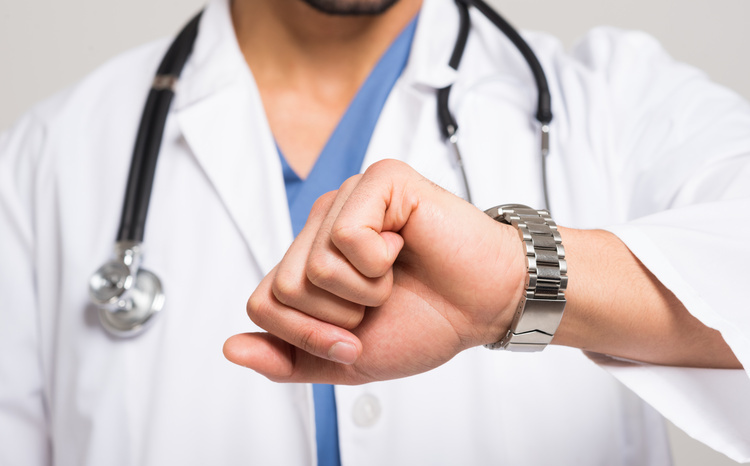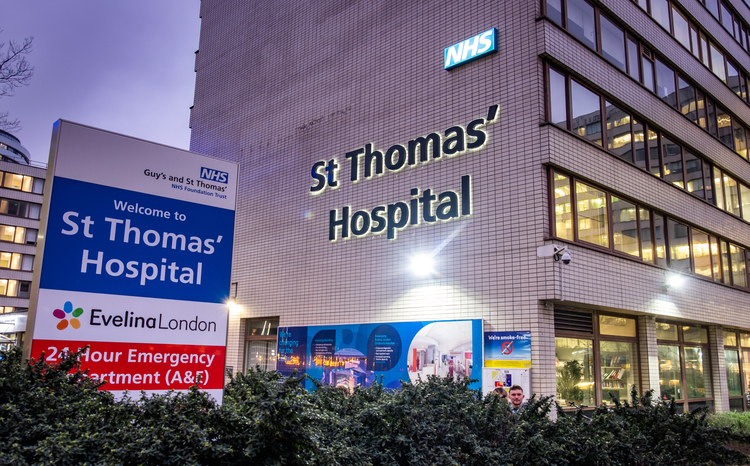Data exchange needed for urgent care
- 26 September 2008
Urgent and emergency care providers in England must share more data electronically if they are to improve services, the Healthcare Commission says today.
Its latest report, Not Just a Matter of Time, shows that important information on patient care is often not shared between different parts of the urgent and emergency care system. It says this leaves it fragmented and patients repeating their story to different services.
For example, the report says that only 20% of A&E departments were able to receive electronic data from ambulance services.
Only 30% of urgent care centres said that all GPs in their area were able to receive electronic information about their patients. And only 37% of urgent care centres were able to transfer data electronically to local A&E departments.
The review looked at emergency and urgent care in 152 localities in England and covered A&E units, urgent care centres, GPs, out of hours services, ambulance services and NHS Direct.
Although 60% of areas were performing in the best or better categories – the top two ratings – 22% were rated fair and 18% least well performing.
The failure to share data was a missed opportunity for improving services and was most prevalent in the localities performing least well, says the report. However, it adds: “We found that most services could improve their performance in this area.”
The Commission did find some sectors in which electronic data sharing is now common. For example, eight in ten out-of-hours services meet the national quality requirement for transmitting details of their assessments to a patient’s GP by 8am the next working day.
“Many services now send this data automatically,” says the report. Many use links provided by NHS Direct, although there was wide variation. In some areas, only a quarter of transmissions were made using this link while in others it was up to 86%
“It is unclear why this variation is so wide, but one problem identified by NHS Direct is that up-to-date details on local services are not always available,” the report comments.
Overall NHS Direct was judged to be performing well. The report says that it was starting telephone-based assessments within 20 minutes for 98% of the most urgent calls and within 60 minutes for 99% of priority 2 urgent calls. This is above the 95 per cent target.
The report also calls for managers in primary care trusts to make better use of data to identify service gaps. Overall, only 30% of PCTS were performing well in their management of services.
For example, only 30% of PCTs monitored levels of patient safety incidents in A&E departments. Only 25% monitored monthly use of urgent and emergency services by patients per GP practice.
PCTs should “ensure that they make effective use of information and collect whole-system data to inform the development of services,” it recommends.
Anna Walker, the Commission’s chief executive, said: “More could be done to get these services working together so that the right care is provided at the right time and in the right way.
“We are calling on the Government and healthcare organisations to renew their efforts to get the whole system working together so people can get the right care when they need it.”
Link




